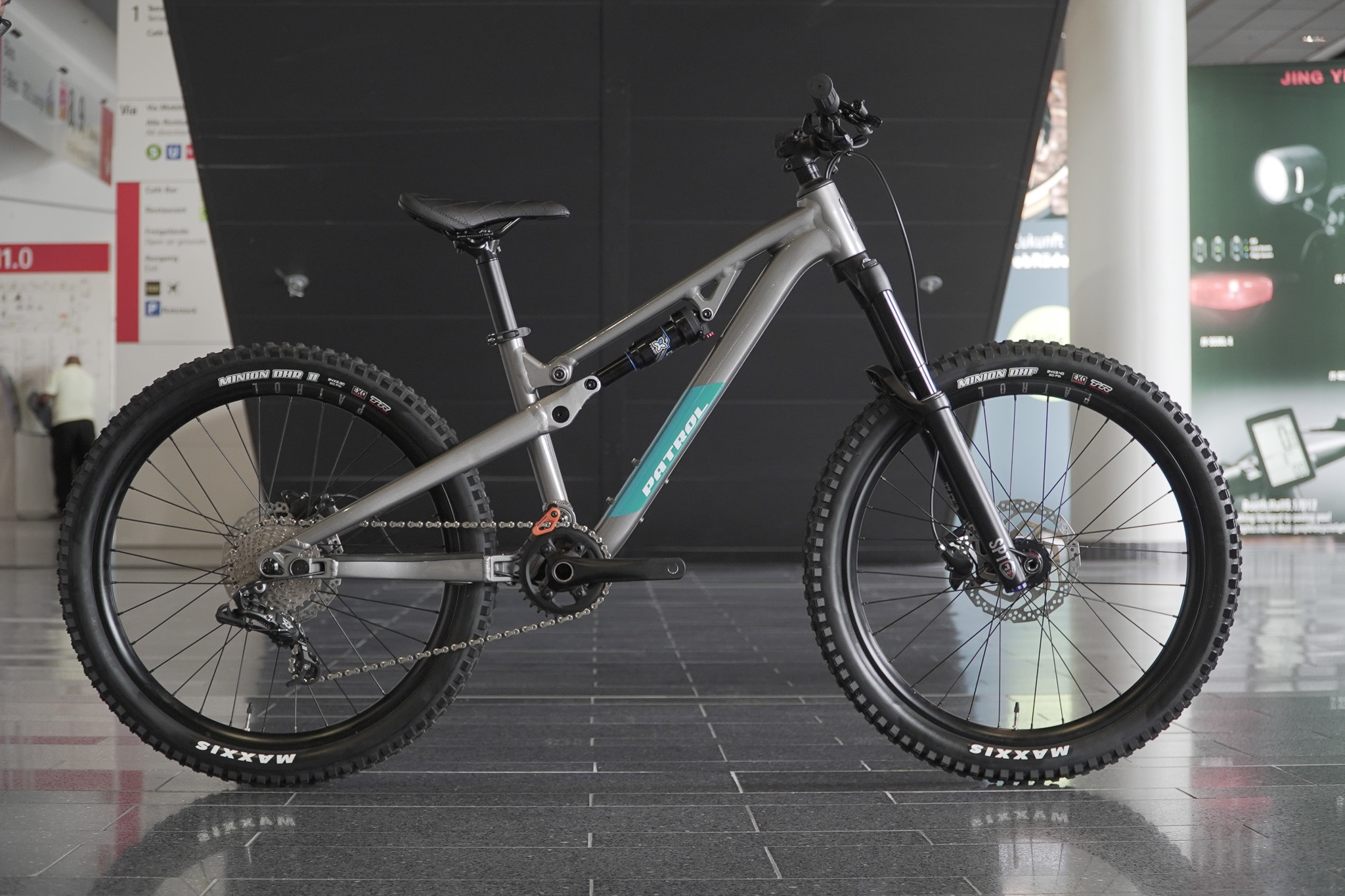Have you ever looked at the price of mountain bikes and thought, “Why are mountain bikes so expensive?” Well, you are not alone! Modern mountain bike prices are higher than ever with eBikes costing as much a a premium second hand car, and even standard mountain bikes reaching as much as $12,000!
So why are mountain bikes so expensive? We delve into the details below!

If you’ve ever shopped for a mountain bike, you might have experienced sticker shock when you saw the price tag. Mountain bikes can be expensive, with some high-end models costing thousands of dollars. But why are mountain bikes so expensive? Let’s take a closer look.
- Technology and Innovation: Mountain bikes are constantly evolving with advancements in technology and innovation. Bike manufacturers invest significant resources in research and development to create bikes that are lighter, more durable, and more efficient. This includes the use of advanced materials, such as carbon fiber, which can be expensive to produce. Additionally, mountain bikes often feature complex suspension systems, hydraulic disc brakes, and other high-tech components that add to their cost.
- Quality and Performance: Mountain bikes are designed to withstand rough terrains and extreme conditions. They need to be durable, reliable, and able to perform at a high level. High-quality components, such as drivetrains, wheels, and shocks, are necessary to ensure smooth and efficient performance on the trails. These components are often made with premium materials and undergo rigorous testing to meet industry standards, which can drive up the cost.
- Customization and Options: Mountain biking is a sport that caters to different preferences and riding styles. As a result, mountain bikes come in a wide range of options and configurations, allowing riders to customize their bikes to suit their needs. From frame size and material, to wheel size, to components like brakes, shifters, and handlebars, the choices can be overwhelming. This customization and flexibility often come at a premium, as manufacturers offer various options to cater to different riders’ preferences.
- Manufacturing and Labor Costs: Producing mountain bikes involves a complex manufacturing process that requires skilled labor and specialized equipment. Many high-end mountain bikes are handcrafted or assembled in small batches, which adds to the cost of production. Additionally, the cost of labor can vary depending on the location of the manufacturing facility, with labor costs being higher in some regions compared to others. These factors can influence the final price of the bike.
- Brand Reputation: Established mountain bike brands often command a higher price due to their reputation for quality, performance, and reliability. These brands invest in building their brand image and reputation through marketing, sponsorships, and endorsements. This brand recognition can impact the price of the bike, as consumers are willing to pay a premium for a trusted name in the industry.
Mountain bikes can be expensive due to a combination of factors including technology and innovation, quality and performance, customization and options, manufacturing and labor costs, and brand reputation. While the price tag of a high-end mountain bike may seem steep, it’s important to consider the investment in research, development, and materials that goes into producing these specialized machines. Ultimately, the cost of a mountain bike is a reflection of the quality, performance, and features that it offers, making it a worthwhile investment for serious mountain bikers who demand the best equipment for their adventures on the trails.





